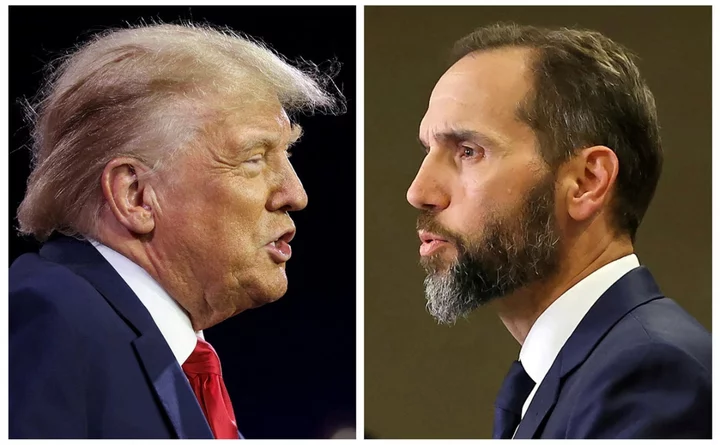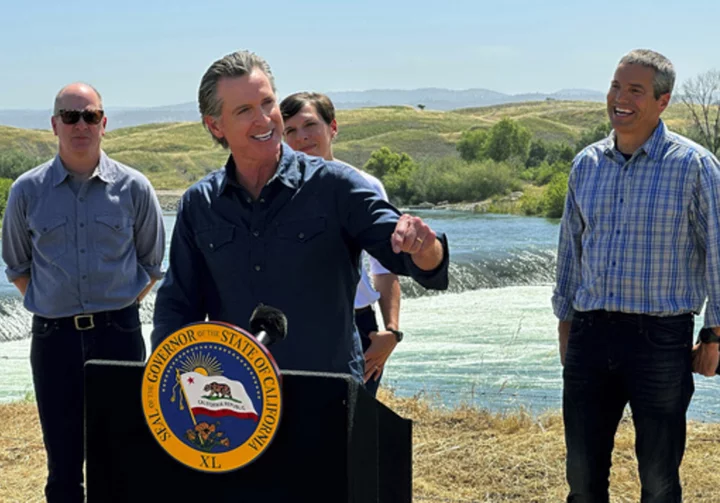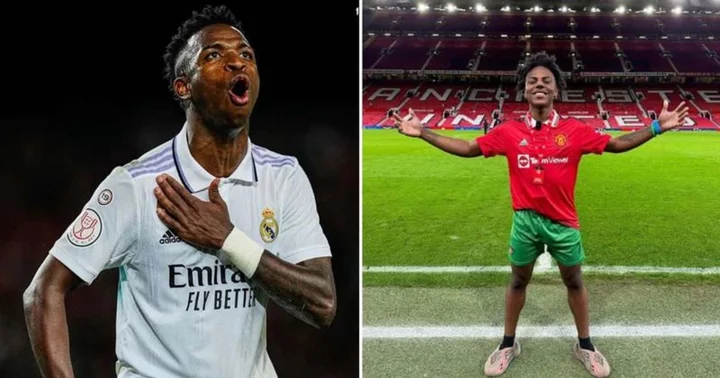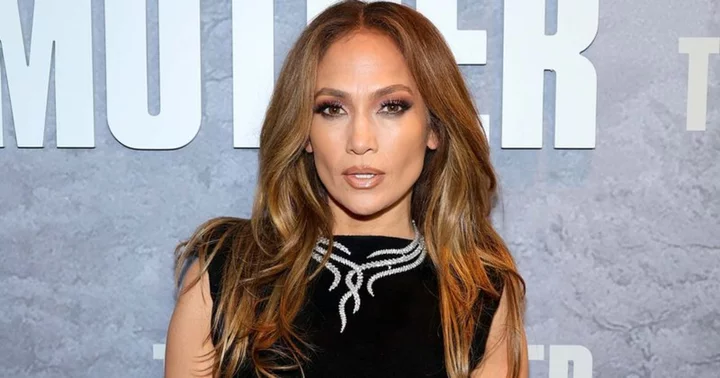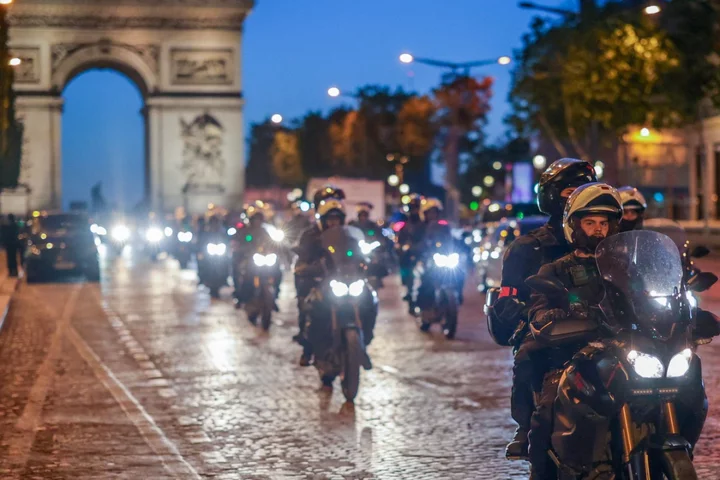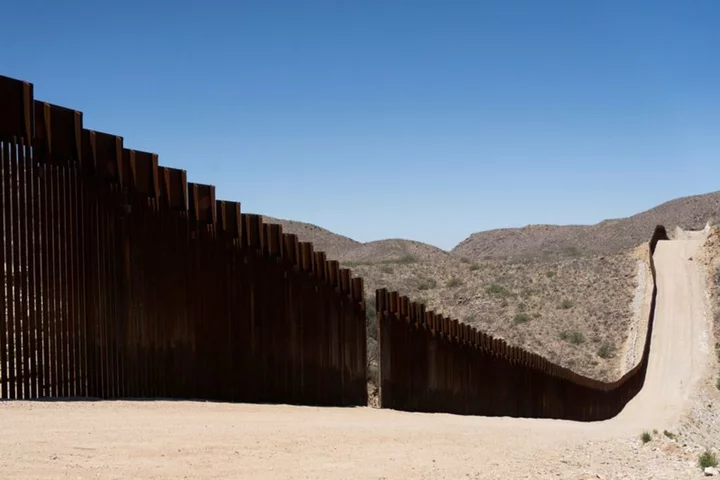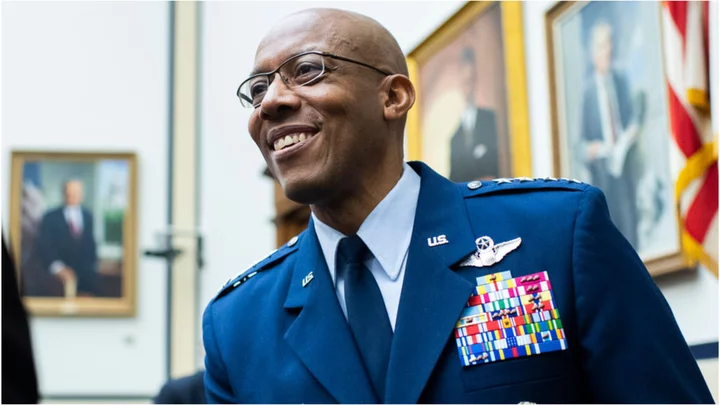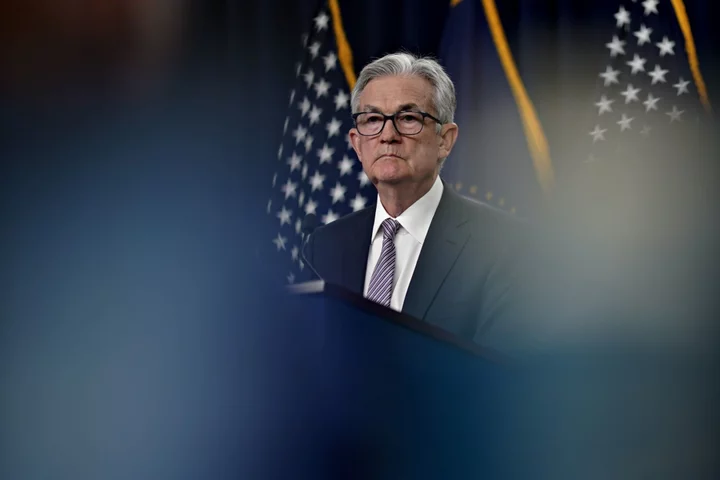Special Counsel Jack Smith’s office has asked the District of Columbia judge overseeing the 2020 election subversion case against former president Donald Trump to schedule the twice-impeached, thrice-indicted ex-president’s trial for a four to six week period beginning on 2 January next year.
In an eight-page filing authored by Senior Assistant Special Counsels Molly Gaston and Thomas Windom, the special counsel’s office said their proposed schedule would give Mr Trump and his defence team sufficient time to prepare a case and review the evidence which the government is prepared to turn over as part of the discovery process, as well as litigate any pre-trial matters such as the request for a change of venue Mr Trump has said he will call for.
The prosecutors also said that a 2 January 2024 trial date would “most importantly ... vindicate the public’s strong interest in a speedy trial,” which they described as being “of particular significance” because Mr Trump is “charged with conspiring to overturn the legitimate results of the 2020 presidential election, obstruct the certification of the election results, and discount citizens’ legitimate votes”.
“A January 2, 2024, trial date represents an appropriately speedy trial in the public interest and in the interests of justice, while affording the defendant time to prepare his defense and raise pre-trial legal issues with the Court,” they said.
At his arraignment one week ago, Mr Trump’s attorneys indicated that they would request significant delays and ask Judge Tanya Chutkan to stop the clock set under the Speedy Trial Act which sets out a 70-day period in which trials in criminal cases are required to begin.
The ex-president’s legal strategy in both civil and criminal matters, dating back decades, is to cause as many delays as possible through any means possible. The three criminal cases against him have not proved an exception to this pattern, as Mr Trump is understood to believe his best chance at avoiding any negative consequences from the cases is to win next year’s presidential election.
But the magistrate judge who presided over the arraignment, Moxila Upadhyaya, told Mr Trump’s counsel that Judge Chutkan intends to set a trial date after a status conference on 28 August, and gave the government a full week to propose a trial schedule.
Mr Trump’s team will now have a week to respond to the department’s proposed schedule, though it’s unlikely that the ex-president’s counsel will agree with the government’s timeline.
At the arraignment last week, Trump attorney John Lauro suggested that he and his co-counsel could not begin to consider any possible trial date until they’d received the evidence which the government must turn over as part of the pre-trial discovery process.
“We need all that information, I think, in order to address the issue of when we would be ready, and also the extent to which we would have an idea of how long the trial would be,” he said.
Mr Trump’s legal team has already prevented the discovery process from kicking off by objecting to the government’s proposed protective order on the grounds that it would violate the ex-president’s right to free speech by barring him from publicly revealing evidence while on the campaign trail.
The prosecutors noted the disconnect between the arguments made at arraignment and the Trump defence team’s refusal to agree to a protective order that would allow them to begin reviewing discovery, calling the contradiction “perplexing”.
They also slammed Mr Lauro’s claim that the defence is “starting with a blank slate” as “impossible” and “disingenuous,” citing Mr Trump’s awareness of and response to much of the evidence which was previously made public during the House January 6 select committee’s hearings last year and the panel’s final report.
Continuing, prosecutors also pointed out that one of Mr Trump’s lawyers, Evan Corcoran, has long represented the ex-president in matters relating to his efforts to overturn his election loss.
“The defendant has a greater and more detailed understanding of the evidence supporting the charges against him at the outset of this criminal case than most defendants, and is ably advised by multiple attorneys, including some who have represented him in this matter for the last year,” they said.
“The Government’s proposed schedule and January 2 trial date afford the defendant many months to review the discovery in this matter, raise pre-trial legal issues, and prepare his defense. No additional time is necessary or warranted under the Speedy Trial Act and in light of the public’s strong interest in a prompt trial”.
Read MoreTrump and one co-defendant plead not guilty in superseding Mar-a-Lago indictment
Trump and Biden tied in hypothetical 2024 rematch, poll finds
Trump complains world has ‘never been nastier than it is now’ as cases against him proceed
Trump says Georgia DA ‘may change her mind’ about indicting him as he launches fresh attack
Prosecutors seek Jan. 2 trial date for Donald Trump in his 2020 election conspiracy case
Georgia DA Fani Willis tells staff to ignore Trump’s ‘derogatory and false’ attacks
Trump says world has ‘never been nastier than it is now’ as cases against him proceed

